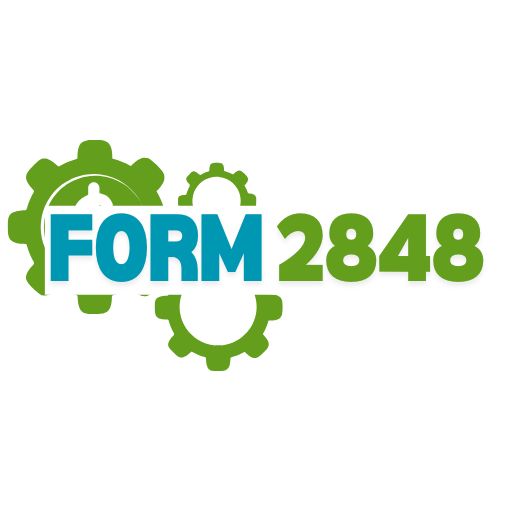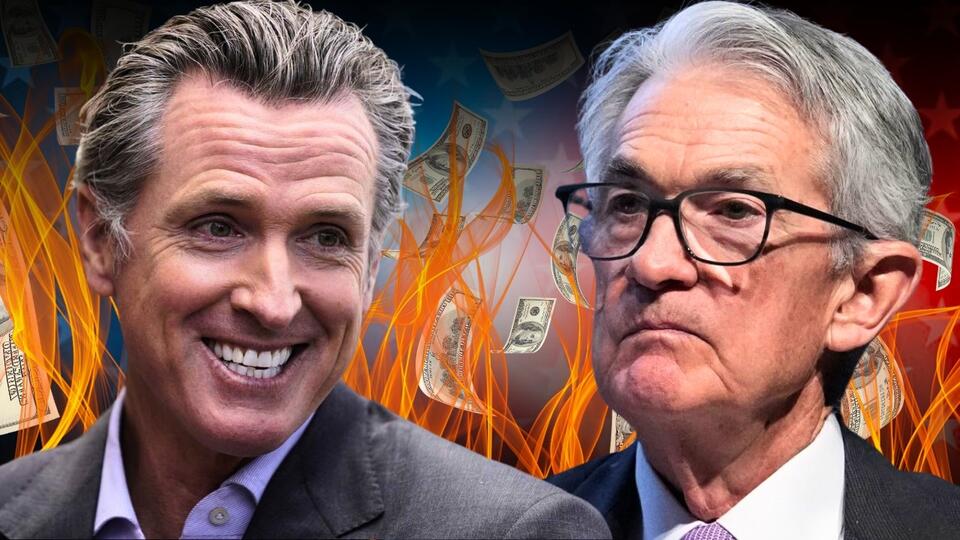Photo byAuthor
On January 8, 2025, November 2024 consumer credit data was released by the Federal Reserve, revealing the United States experienced an unexpected and significant drop in consumer credit card debt. This has raised concerns among economists about a potential deep recession. This development has caught the attention of financial experts and policymakers alike, with implications for both the national economy and individual states like California.
The Plunge in Credit Card Debt
The Federal Reserve reported that total consumer credit in the United States fell sharply by $7.5 billion in November. More specifically, outstanding credit card and other revolving debt balances plummeted by $13.8 billion, marking the largest monthly decline since the economic shutdown triggered by the pandemic, according to LongPort App and PYMNTS. This 12% annualized decrease in total credit card debt was the most substantial one-month dip since 2020, as reported by Investopedia.
Expert Analysis and Recession Concerns
Financial analysts and economists view this sudden drop in credit card debt with apprehension, as it often signals economic trouble:
- Historical Precedent: Experts note that such significant declines in revolving credit have historically preceded or coincided with recessions, as mentioned by LongPort App.
- Consumer Behavior: The sharp drop suggests that consumers may be tightening their belts, either voluntarily or due to financial constraints, according to PYMNTS.
- Credit Availability: Some analysts believe that tighter lending standards and higher interest rates may be limiting consumers’ ability to use credit cards, even if they want to, as Investopedia points out.
- Economic Indicators: This development, combined with other factors like a softening labor market and slowing consumer spending, has led some experts to predict a recession in 2025, according to Investment Executive.
Impact on California
While the credit card debt plunge is a national phenomenon, it has specific implications for California:
- State Budget: California’s fiscal outlook for 2025-26 already projected a budget shortfall, as reported by the Legislative Analyst’s Office. A recession could further strain state finances and potentially lead to spending cuts or tax increases.
- Consumer Spending: As the most populous state with a significant consumer base, a pullback in spending by Californians could have outsized effects on the state’s economy, as noted by the Legislative Analyst’s Office.
- Tech Sector: California’s economy is heavily influenced by its tech industry. A recession could impact stock market valuations and venture capital funding, potentially affecting the state’s economic engine, as the Legislative Analyst’s Office suggests.
- Housing Market: California’s real estate market, already facing challenges, could see further pressure if a recession materializes, potentially affecting property tax revenues, as Investment Executive indicates.
- New Consumer Protections: California has enacted several new consumer protection laws set to take effect in 2025, including restrictions on medical debt reporting and overdraft fees, as reported by the National Consumer Law Center. These measures could provide some relief to consumers but may also impact financial institutions.
Broader Economic Context
This credit card debt decline is occurring against a backdrop of other economic factors:
- The Federal Reserve has been cutting interest rates, with projections for further cuts in 2025, according to CBS News.
- Inflation, while lower than its peak, remains a concern for policymakers and consumers, as CBS News reports.
- The labor market has shown signs of softening, with unemployment expected to rise slightly in 2024 and 2025, as noted by the California Budget Center.
In conclusion, the unexpected plunge in consumer credit card debt has raised red flags about the potential for a deep recession. While experts continue to debate the likelihood and severity of an economic downturn, California, like the rest of the nation, will need to navigate these uncertain economic waters carefully in the coming months.
Sources:
https://www.federalreserve.gov/publications/November-2024-Borrowing-by-Businesses-and-Households.htm
https://www.federalreserve.gov/releases/g19/current/
https://longportapp.com/en/news/224423935
https://www.sfgate.com/living/article/here-s-what-you-need-to-know-about-credit-card-20025201.php
https://www.cnbc.com/2025/01/08/nearly-half-of-credit-card-users-are-carrying-debt-report-finds.html
https://www.investopedia.com/why-did-americans-suddenly-pay-off-credit-card-debt-in-november-8771876
https://www.youtube.com/watch?v=SM1Y–ZVuTA
https://www.youtube.com/watch?v=DCk1QbYwEOU
https://finance.yahoo.com/news/credit-card-defaults-could-signal-203200827.html
https://news.futunn.com/en/post/51982267/the-deep-recession-alert-has-been-sounded-usa-credit-card
https://www.bankrate.com/credit-cards/news/credit-card-debt-report/
https://fortune.com/2024/12/30/credit-card-debt-writeoffs-consumer-spending-inflation-fed-rates/
https://www.lendingtree.com/credit-cards/study/credit-card-debt-statistics/
https://lao.ca.gov/Publications/Report/4939
https://www.linkedin.com/pulse/january-5th-2025-american-consumers-credit-card-hits-attorney-wvplc
https://www.cbsnews.com/news/federal-reserve-fed-meeting-interest-rate-cut-decision-december-2024/
https://www.investopedia.com/why-did-americans-suddenly-pay-off-credit-card-debt-in-november-8771876
https://mronline.org/2025/01/03/u-s-credit-card-defaults-at-highest-level-since-great-recession/
https://www.cbsnews.com/news/will-credit-card-rates-climb-in-2025-experts-weigh-in/
https://library.nclc.org/article/new-consumer-law-rights-taking-effect-2025

